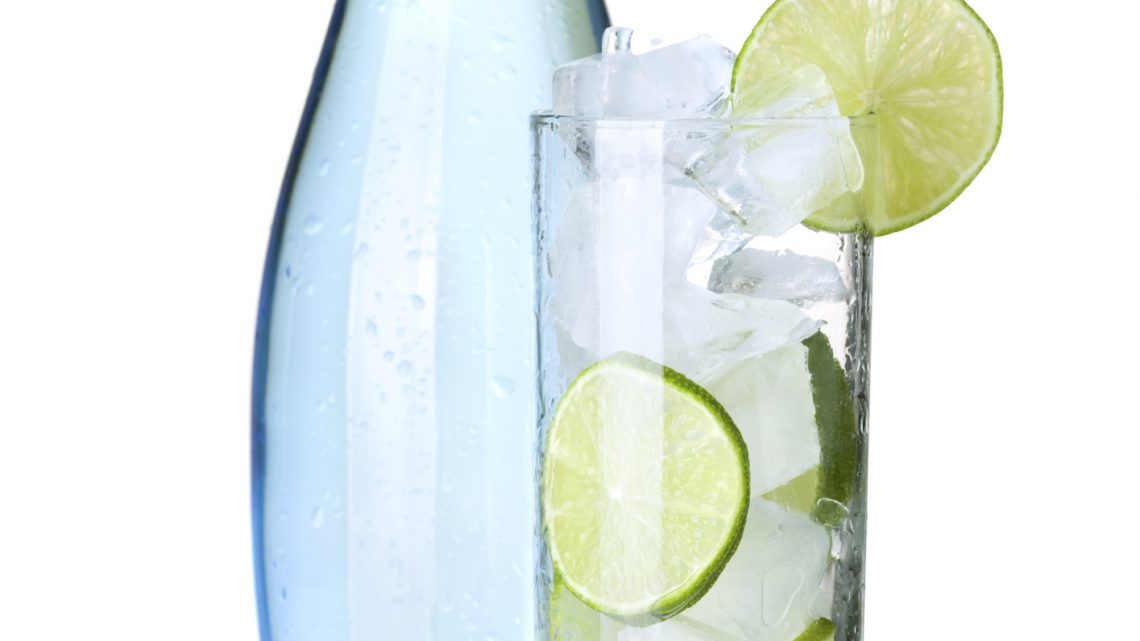Everyone realizes that water should be the beverage of choice for both children and adults. After all, it’s free of sugar, caffeine, lactose and calories. So we’re all trying to drink more water, right?
But does the type of water we drink make a difference? Is regular tap water OK or should we go for filtered or bottled water? There are many facts and opinions floating around and this topic continues to stir controversy.
Tap water in the United States is regulated by the EPA (Environmental Protection Agency) and requires utilities to notify consumers when their water fails to meet legal standards. The FDA (Food and Drug Administration), which regulates bottled water, does not require bottlers to do the same. So bottled water drinkers may be unaware of any violations. (According to the June 2010 issue of Nutrition Action Health Letter, the EPA’s and FDA’s standards are essentially the same.)
Purified water is most likely going to be tap water that has been distilled or treated with a process such as deionization or reverse osmosis to remove impurities. Many people purchase in-home equipment to purify their own water. The two major bottled drinking waters, Dasani and Aquinafina, are purified water.
FDA standards require spring water to be collected only at the spring from which it naturally flows from the earth or through a borehole tapping the underground formation that feeds the spring.
Mineral water contains not less than 250 parts per million total dissolved mineral solids when it emerges from its source. No minerals may be added.
Sparkling water contains the same amount of carbon dioxide that it had as it emerged from its source. Some companies add CO2 to replace what is lost during the bottling process.
From a health standpoint, it seems to me that in the long run the “best” water is the type you will actually drink—that tastes good to you and is conveniently at hand.
If that’s bottled water, you should be aware that while bottled water never technically “spoils” it does have an expiration (or best if used by) date. Although the FDA considers bottled water to have an “indefinite shelf life” most manufacturers only give their products a two-year guarantee.
While “expired” unopened bottled water isn’t likely to do you any harm, it isn’t going to get better with age, either. The plastic that water is packaged in—usually polyethylene terephthalate (PET) for retail bottles—is slightly porous, so the water can pick up smells and tastes from the outside world. Keep it out of heat, direct sunlight and away from odorous products, like gasoline (http://wiki.answers.com/Q/Does_bottled_water_go_bad#ixzz1VKDGf8cH ). While algae and bacteria will not grow in sealed bottled water, the situation changes once the seal has been broken. It’s best to consume or discard water within 2 weeks after opening it (About.com).
Beyond the taste and safety issues, we should also consider the environmental impact of our drinking water. The Clean Air Council reports that each hour Americans toss 2.5 million plastic bottles into landfills. According to the Sierra Club, three liters of water is required to produce one liter of bottled water. It also can cost 500-1000 times more than tap water (hy-vee.com).
Drinking filtered water from a reusable container may be the healthiest, most cost-effective and eco-friendly way to enjoy water. If you don’t like the taste, try adding a lemon or cucumber slice. Especially when entertaining, you can save a lot of plastic (and money) by serving water in a clear pitcher with sliced fruit or mint sprigs for flavor.








